Functional programming is a powerful and elegant approach to tackling complex problems while creating maintainable code. Even though it has its roots in mathematical logic, functional programming has proven to be an accessible and adaptable tool for software development across various domains.
In this Series, we’ll embark on an exciting journey into the world of functional programming, diving deep into purely and predominantly functional languages such as Haskell, Common Lisp, Clojure, and OCaml. We’ll also review mixed languages such as Scala and F#. Finally, we will explore emerging or niche options such as PureScript and Elixir.
Throughout this collection of carefully crafted articles, we’ll explain what functional programming is and why it’s valuable, uncover the guiding principles and historical context of each language, walk through their installation process, recommend the best-suited IDEs for each, showcase valuable libraries and tools, demystify core concepts, and provide practical examples ranging from mathematical proofing and scientific programming to financial systems, concurrent and distributed systems, and Machine Learning.

